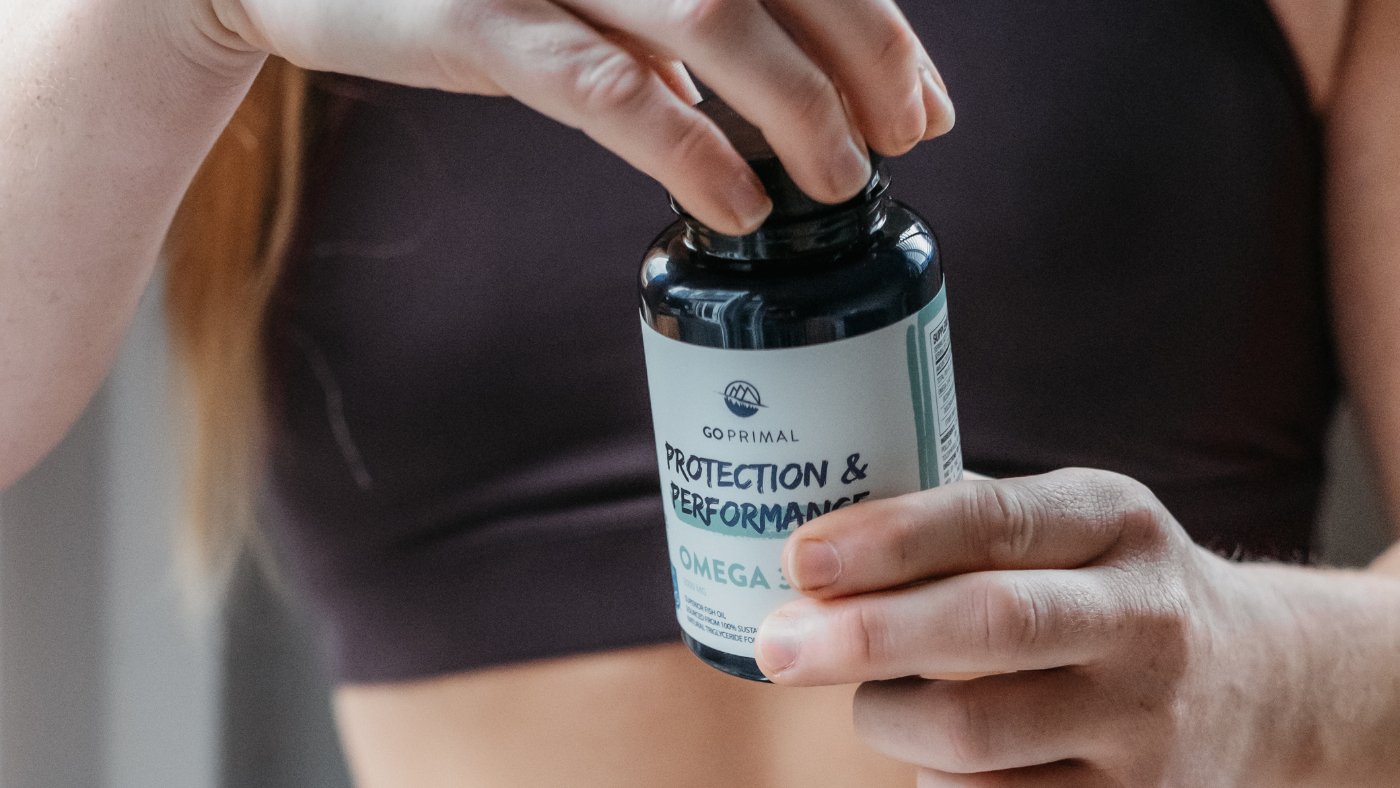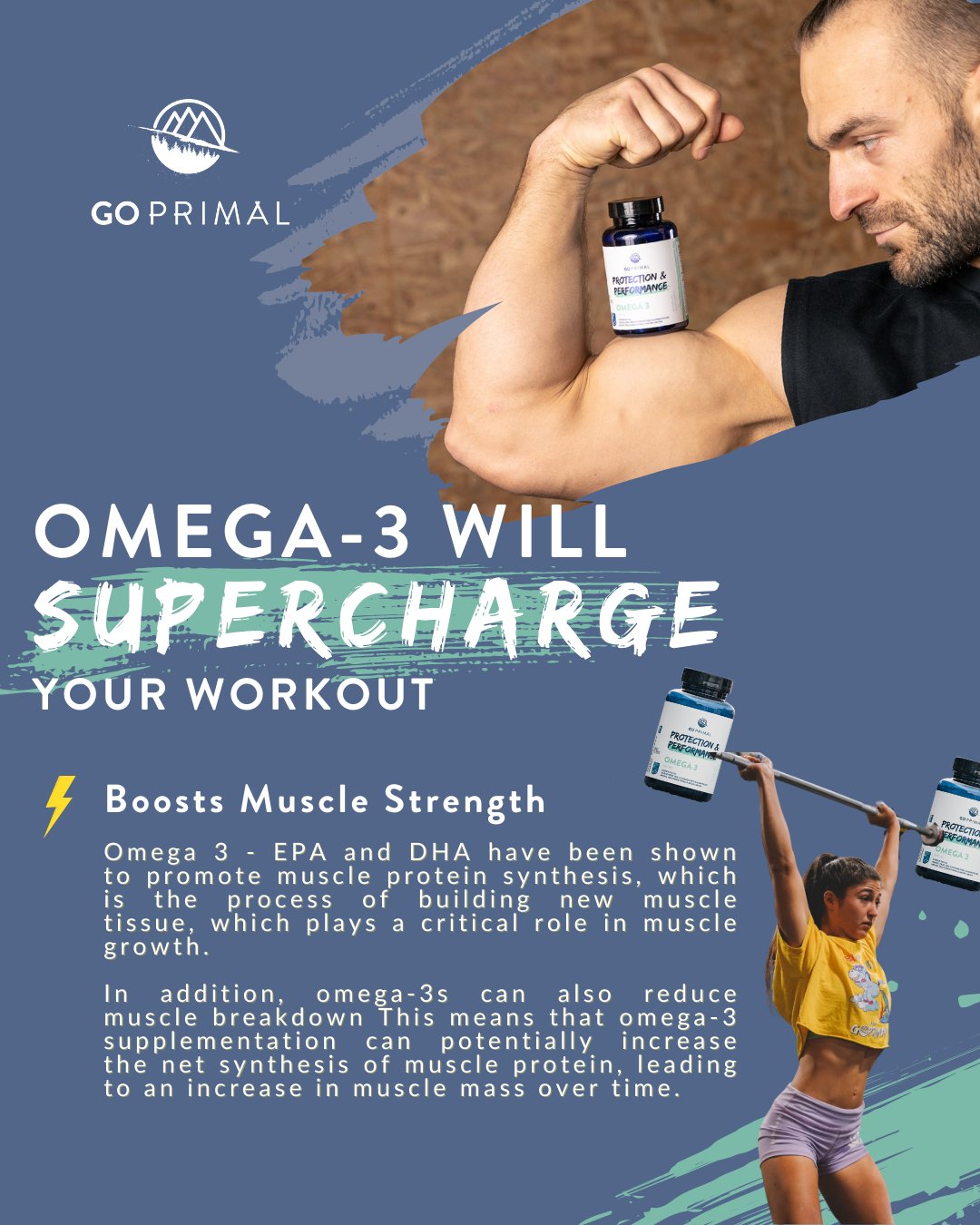
The Top 4 Supplements to Speed Up Recovery After a Workout
If you're an avid fitness enthusiast or athlete, you already know how important your post-workout routine is. Proper recovery is essential for better performance, less soreness, and injury prevention. One of the best ways to support recovery is through supplements. In this blog post, we'll discuss the top four supplements that can help you speed up recovery after a workout.
Why Regeneration After a Workout is as Important as the Workout Itself
During intense physical stress, as is the case during training, micro-injuries occur in the muscle tissue. These injuries need to be 'repaired' by the body itself so that your muscles can grow and become stronger. Without adequate recovery, these injuries cannot be fully healed, which can lead to inflammation, injury and reduced muscle growth. Insufficient recovery is also quickly noticeable, you will quickly feel that you are slowing down or not reaching your training goals at all. That's why good recovery after exercise is just as important as the workout itself. Here you can find out which four supplements, in addition to sufficient sleep and a balanced diet, support your body during regeneration!
The 4 Must-Have Recovery Supplements
1. Protein Powder: Muscle Recovery and Growth
Protein is one of the most important nutrients for muscle recovery and growth. It provides the building blocks necessary for muscle repair and helps reduce muscle soreness. How much protein to consume has been the subject of many studies - scientists have closely analyzed 49 studies and concluded that the optimal amount is 1.6-2.2 grams per kilo of body weight.
Protein powders come in handy if you are unable to obtain sufficient protein from a protein-rich diet. Here it is important to choose a high-quality protein powder that can be absorbed quickly and well by the body. Hydrolysed protein is one of the best forms, as it has the highest protein content and is absorbed very quickly. This form of protein is also particularly suitable for people on a diet, as it contains almost no carbohydrates or fat. For many athletes, a mix of concentrate, isolate and casein is a very good choice, as here the protein absorption into the body is slower than with Hydro Whey and thus you provide your body with enough protein even during rest periods. If you are vegetarian or vegan, make sure you choose a protein that is easy to digest. Soya protein is not a good choice and is difficult to digest. A better choice is a blend of pea and rice protein, such as GoPrimal's Plant Warrior, which also contains superfoods.
Make sure to check out also this recent blog post: "Muscle Recovery: Do you need protein after a workout?"
2. Magnesium: Immediate Muscle Pain Relief
Magnesium is an essential mineral that performs many important functions in the body. It is not only crucial for muscle regeneration and relief of muscle and cramp pain, but also for the regulation of muscle functions and nerve functions. Magnesium also helps maintain a healthy heart rhythm, stabilize blood sugar levels and support the immune system. Magnesium calms your muscle and nerve cells and helps your body to sleep deeply - so it can regenerate optimally and you are ready for new best performances in training the next day.
It's best to use absorbable and natural forms such as Masgnesium bisglycinate or taurinate to ensure your body absorbs it properly. GoPrimal's Magnesium is a good option as it contains a combination of both forms. Avoid cheap forms such as magnesium oxide - over 80% is excreted by the body, and it can even be laxative.
Make sure to check out also this recent blog post: Relieve muscle soreness with Magnesium and Omega 3.
3. Omega 3: Inflammation Control
Omega-3 fatty acids are essential for the body and have numerous health benefits. Not only do they help regulate inflammation in the body, but they also support brain function, cardiovascular system and eye health. When it comes to muscle recovery, omega 3 fatty acids can help reduce inflammation after exercise, minimising muscle soreness and injury. Studies have shown that an adequate intake of omega 3 fatty acids can improve muscle recovery by increasing protein biosynthesis and speeding up the regeneration of muscle tissue. It is recommended to get omega 3 fatty acids from natural sources such as oily fish - as it will be very difficult for most of us to eat fish of the appropriate quality on a daily basis, it is just as well to go for a high-quality omega 3 supplement that is rich in EPA and DHA and comes from a trusted supplier that carries out strict checks for heavy metals.
4. Collagen: Strong Joints
Collagen is an important protein in the body that is essential for the health of skin, hair, nails, bones and joints. Injuries to the shoulder or knee joint can quickly result in several weeks of forced rest from sport. An adequate supply of collagen here can help and prevent with strengthening and supporting the bones and joints, which reduces the risk of injury. It is also an important component of cartilage and tendons and can help improve joint flexibility and mobility. So if you're looking for faster and more effective muscle recovery after exercise while supporting joint health, make sure your diet contains enough collagen or include a high-quality collagen supplement in your routine.
To wrap it up: Good recovery is as important as a good workout
Fast muscle recovery is crucial for muscle building and general fitness. A balanced diet and sufficient sleep form the basis, supplements build on this and additionally support and accelerate regeneration. Protein, collagen, omega-3 fatty acids and magnesium are the basic supplements for optimized recovery. Our tip: start with the Recovery Pack with omega-3, hydrolysed protein and magnesium. Remember to prioritize recovery just as much as your training. With the right supplements and adequate recovery, you can reach your fitness goals in no time and ooptimizeyour physical health.



